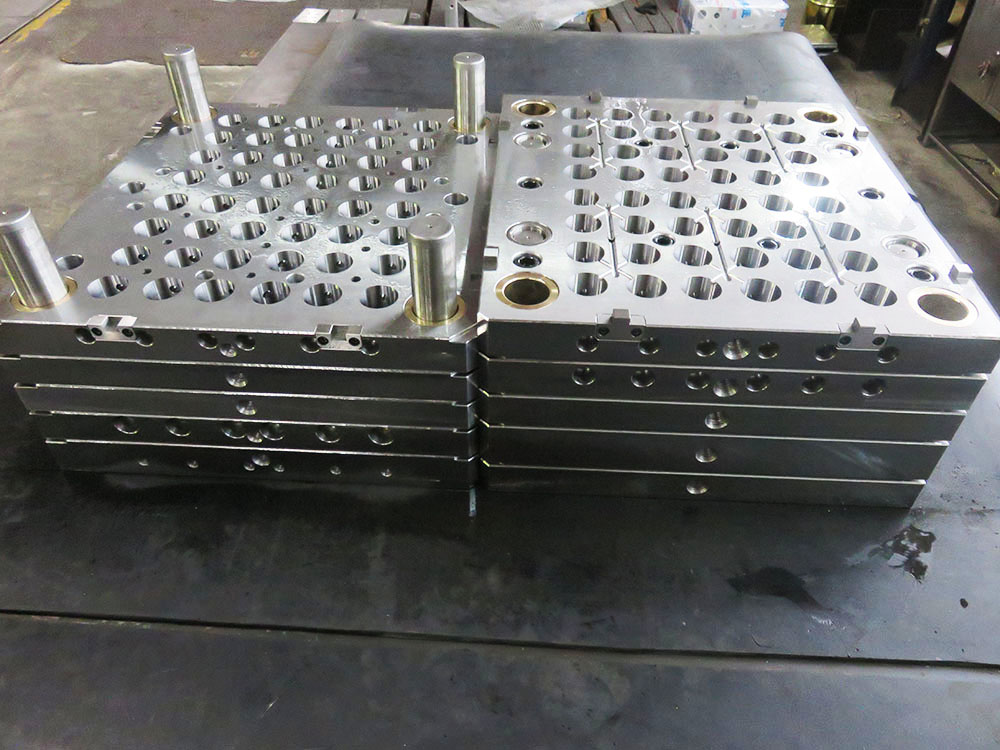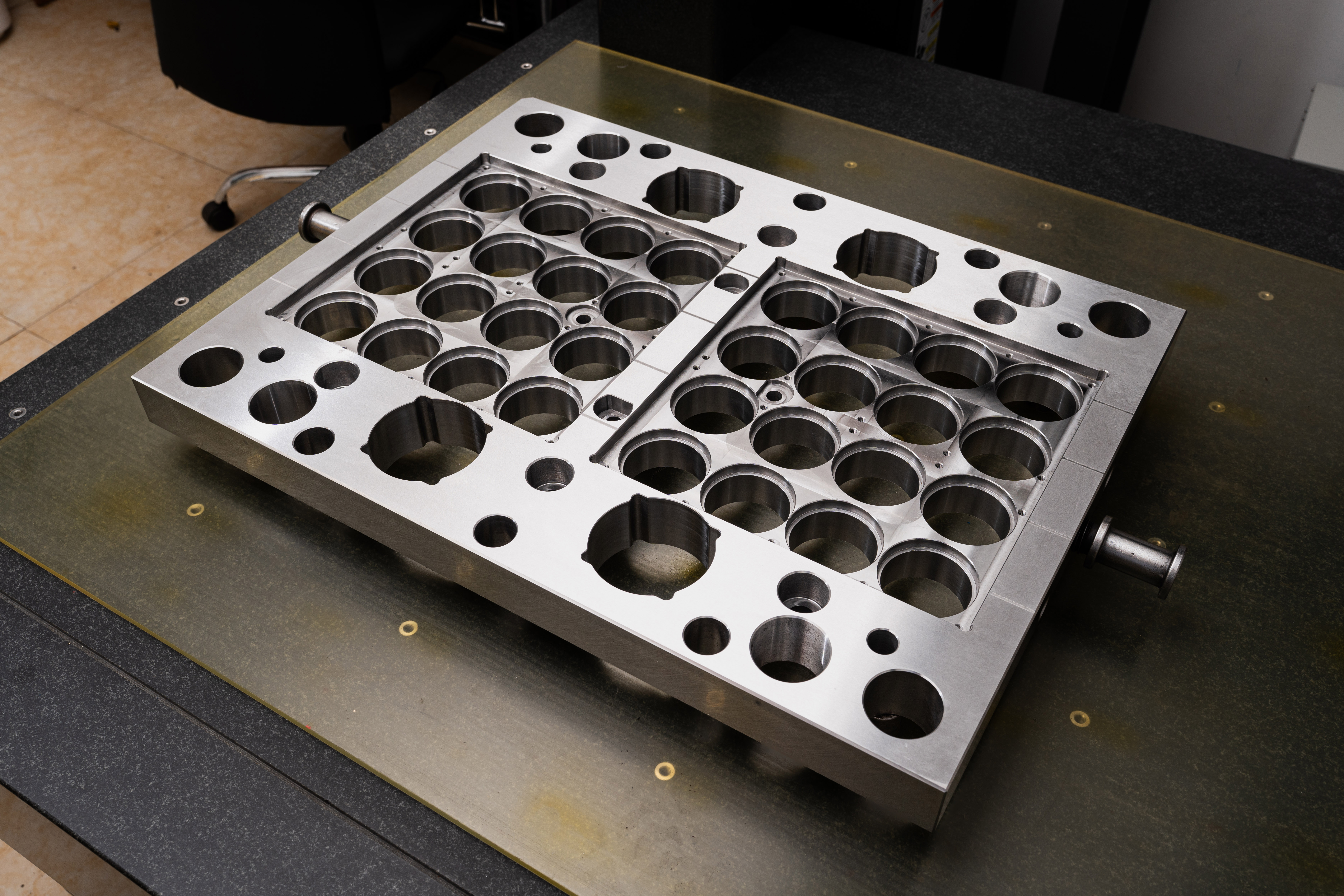The Performance of Modular Energy-Saving Framework Engineering in the Mold Base Industry
The mold base industry is an integral part of manufacturing processes, particularly in the production of plastic goods. As technology continues to advance and energy efficiency becomes a crucial consideration, the implementation of modular energy-saving frameworks has gained significant attention. This article aims to explore the performance of such frameworks in the mold base industry, highlighting their benefits and impact on energy consumption.
1. Enhanced Energy Efficiency
Modular energy-saving frameworks play a pivotal role in the mold base industry by optimizing energy usage. These frameworks are designed to minimize energy waste, improve energy distribution, and enhance overall energy efficiency. By adopting modular energy-saving frameworks, mold base manufacturers can reduce energy consumption without compromising production quality and output.
2. Customized Energy Management
One of the key advantages of modular energy-saving frameworks is their ability to provide customized energy management solutions. Different mold base processes and functions have unique energy requirements. Therefore, modular frameworks offer the flexibility to adapt and cater to specific energy needs. This adaptability ensures optimal energy usage for each component, resulting in a more efficient overall system.
3. Intelligent Monitoring and Control
A significant aspect of modular energy-saving frameworks is their integration with intelligent monitoring and control systems. These systems utilize advanced sensors, real-time data analysis, and machine learning algorithms to monitor and control energy consumption. By continuously analyzing energy usage patterns, the system optimizes energy flow and instantly identifies any abnormalities or inefficiencies, thereby ensuring maximum energy savings.
4. Integration with Renewable Energy Sources
As the world embraces sustainable practices, the mold base industry has also witnessed an increasing interest in utilizing renewable energy sources. Modular energy-saving frameworks are designed to seamlessly integrate with renewable energy systems such as solar panels or wind turbines. By harnessing the power of these clean energy sources, mold base manufacturers can further reduce their dependence on conventional energy grids, minimizing environmental impact and lowering operational costs.
5. Reduction in Carbon Footprint
The adoption of modular energy-saving frameworks in the mold base industry significantly contributes to lowering the overall carbon footprint of the manufacturing process. By optimizing energy usage and integrating renewable energy sources, mold base manufacturers can effectively reduce greenhouse gas emissions. This not only aligns with the global sustainability agenda but also enhances the brand image and competitiveness of the companies operating in the industry.
Conclusion
The performance of modular energy-saving framework engineering in the mold base industry is highly promising. With enhanced energy efficiency, customized energy management, intelligent monitoring and control, integration with renewable energy sources, and significant carbon footprint reduction, these frameworks have the potential to revolutionize the industry. Mold base manufacturers who embrace these technological advancements can achieve greater sustainability, reduce operational costs, and gain a competitive edge in the market.




